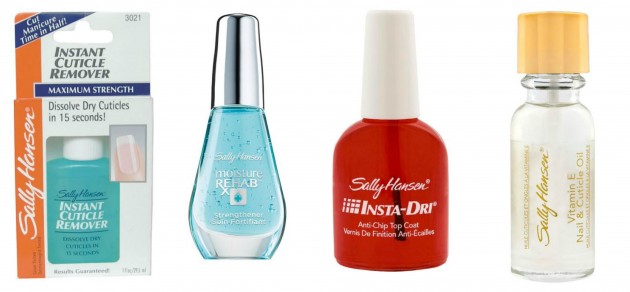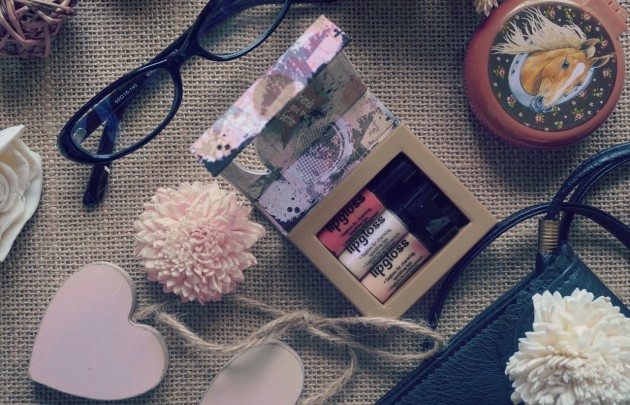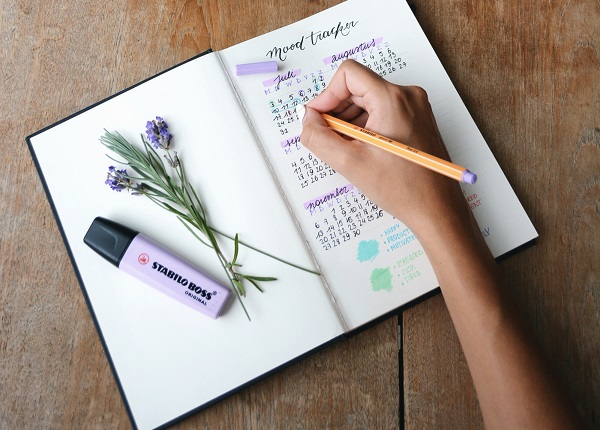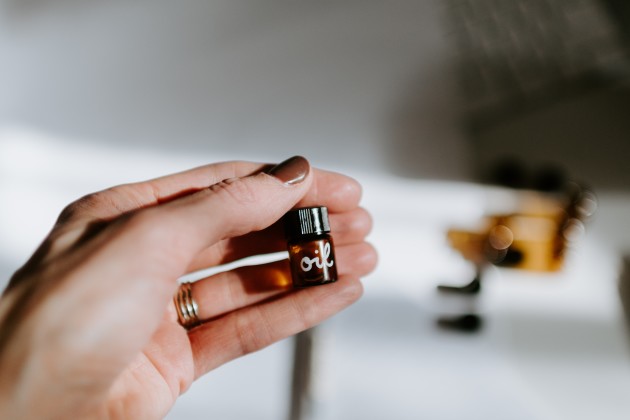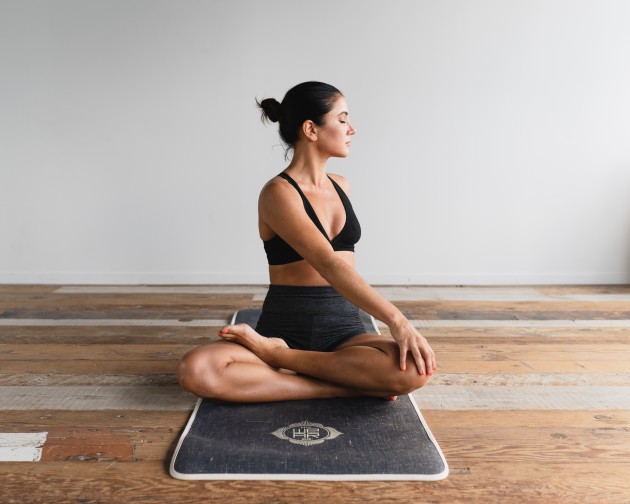
Don’t let the changing seasons affect your mental health!
With the evenings getting darker and the weather getting worse it's only natural that you may notice some change in your mood and general wellbeing. Summer sun automatically makes us feel more cheerful and energetic and as the colder seasons set in our mental health can suffer too.
Here are a few tips to ensure you stay on top of things this winter. Remember that the changing seasons can affect us all differently, and if you feel you're not coping well, don't be afraid to talk to someone or ask for help.
1. Stay fit
Exercising might be the last thing you want to do on a wet and windy day, but it's a great way of clearing your head and relieving stress. If you can fit in a morning workout, you'll feel more focused and fresh throughout the day. Check out our pick of the best winter workout gear here.
2. Get outdoors
Even if the sun isn't shining, your body and mind will still benefit from a Vitamin D boost and some natural light. If you find it's dark as you go to work and dark when you get home, try to get out for a stroll on your lunch break, or sit near a window in your office if possible.
3. Stay warm
Chills and coldness will only worsen your mood, so stay cosy with hot food and warm clothes. At home, try to keep the temperature around 18C – 21C for optimum levels of heat.
4. Light it up
Light therapy is an extremely effective way of helping seasonal mood disorders – experts say it's effective in four out of five cases. If you don't want to splash out on a light box (they start at around €130), opt for "full spectrum" bulbs in your lights at home. These micic natural light even in the evenings. A dawn simulator is another great option for increasing your exposure to light – this connects to your alarm clock and gently brightens bit by bit in the minutes before your alarm goes off.
5. Get social
If you're feeling low, meeting large groups of people can feel overwhelming, but even seeing a friend for a cuppa can make all the difference. Try not to isolate yourself – draw on your support network when you can.























